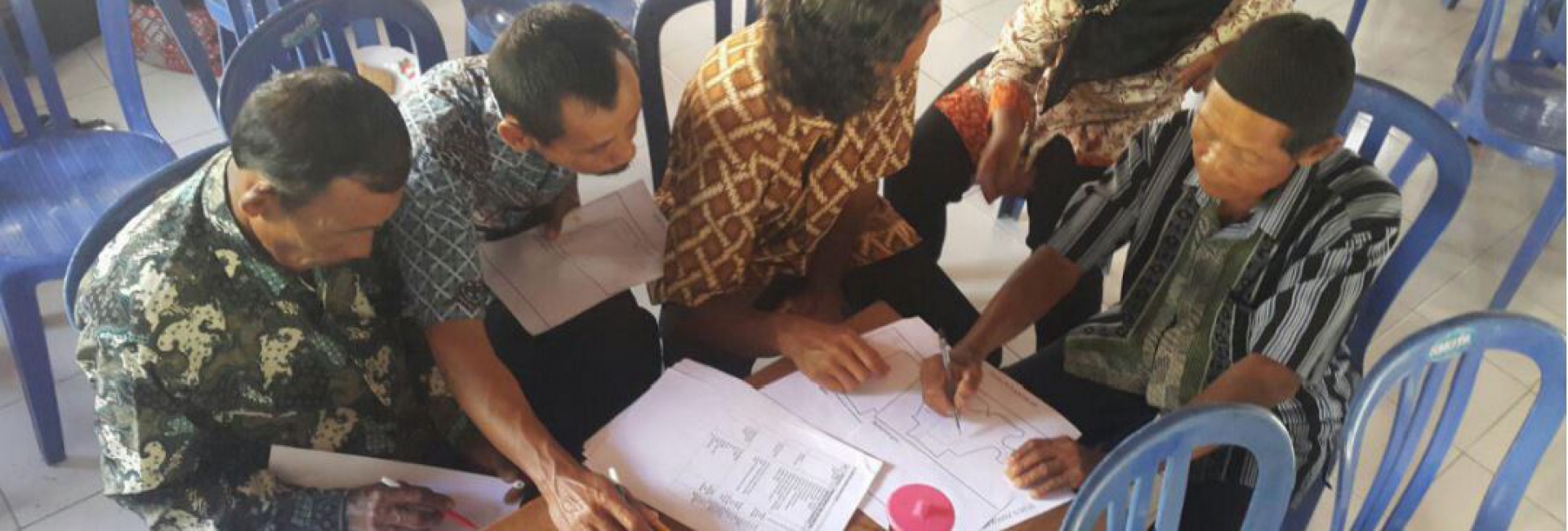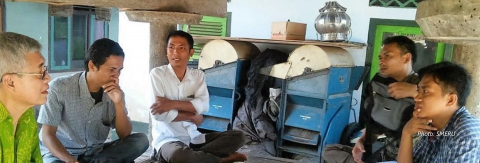Villages’ obligation to formulate the village medium-term development plan (RPJM Desa) should not be a mere legal formality. RPJM Desa substantially needs to be drafted, as it is
- a manifestation of village independence,
- an acknowledgement of the village’s technocratic capacity to determine the development needs in its region,
- and an evaluation tool for the supravillage government at all levels and the village community.
However, almost four years into the implementation of Village Law, this substance has much been neglected. The study in ten villages in five kabupaten (districts) shows that RPJM Desa is only drafted as a formality, thus
- it does not provide clear development direction and goals,
- it is not inclusive of the interests of the marginalized, and
- it does not serve as a reference for annual planning.
This policy brief recommends the need for efforts to
- increase the technocratic capacity of village governments and communities to identify the issues, potentials, and needs of their villages as the basis for formulating the development direction;
- supervise the process of formulating RPJM Desa in order to ensure the inclusion of all interests of the village community, especially the marginalized;
- ensure that the capacity to facilitate participatory planning is well mastered by village facilitators in order to be able to achieve the substantial aspects of village planning, especially RPJM Desa; and
- reduce regulations on Village Fund that are inherently to direct and change them with those that list down criteria for activities or compile a negative list.
Editor(s)
Dhania Putri Sarahtika
Editor(s)
Dhania Putri Sarahtika
Research Area
Jambi
Central Java
East Nusa Tenggara
Research Topic
Keywords
Undang-Undang Desa (UU Desa)
RPJMD Desa
Publication Type
Briefs














